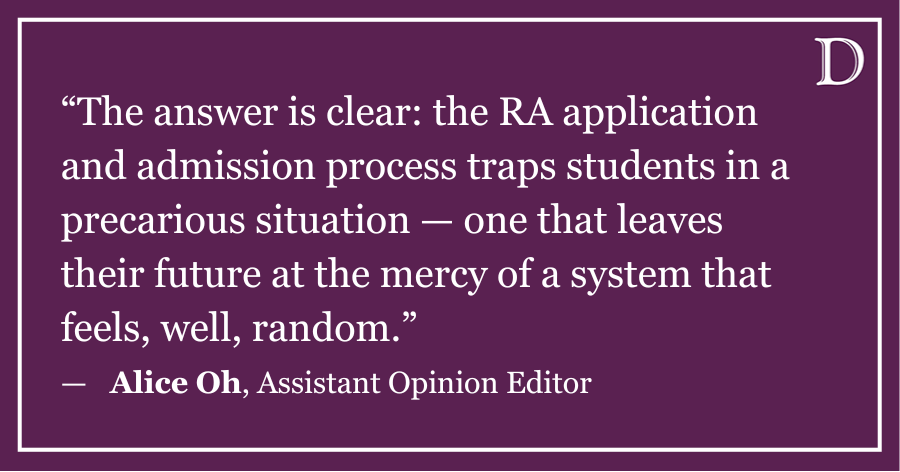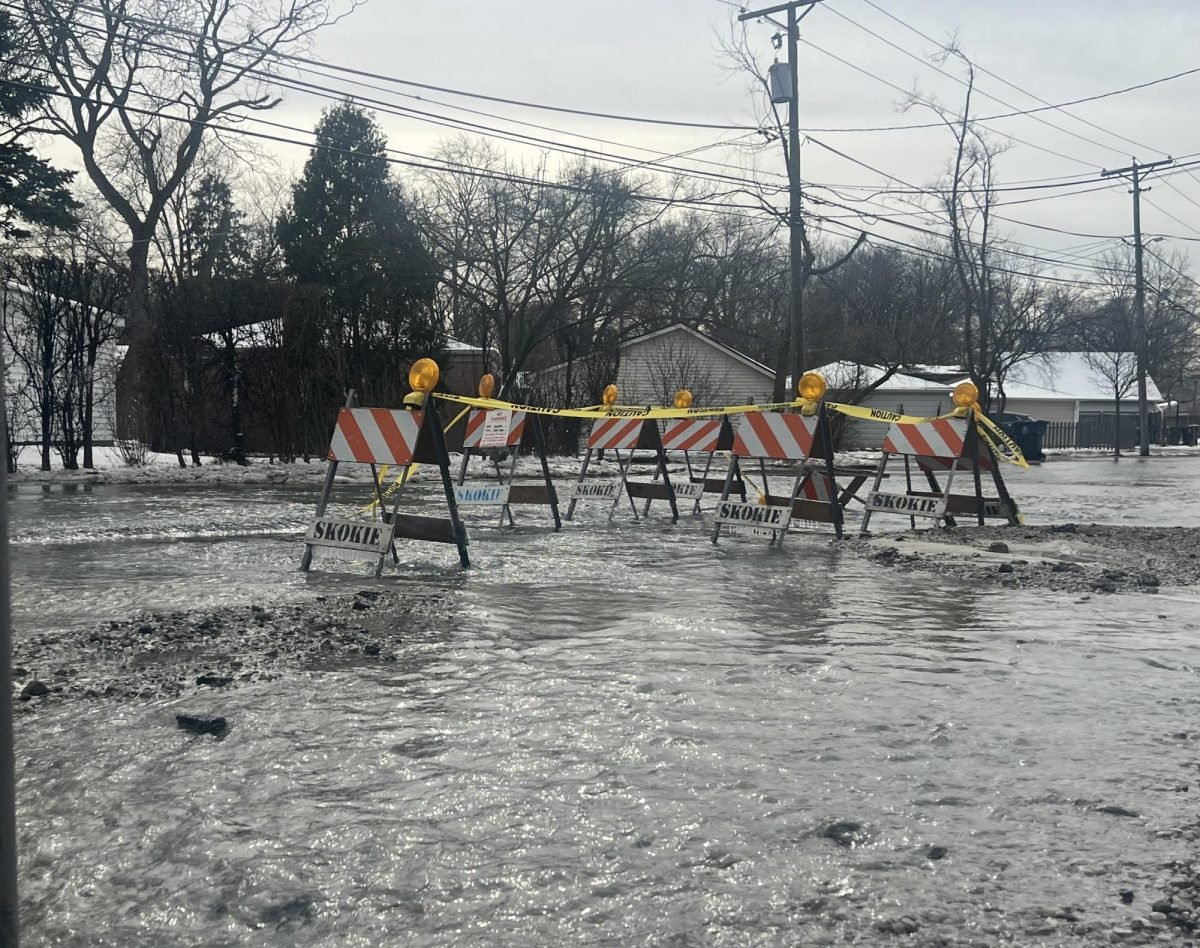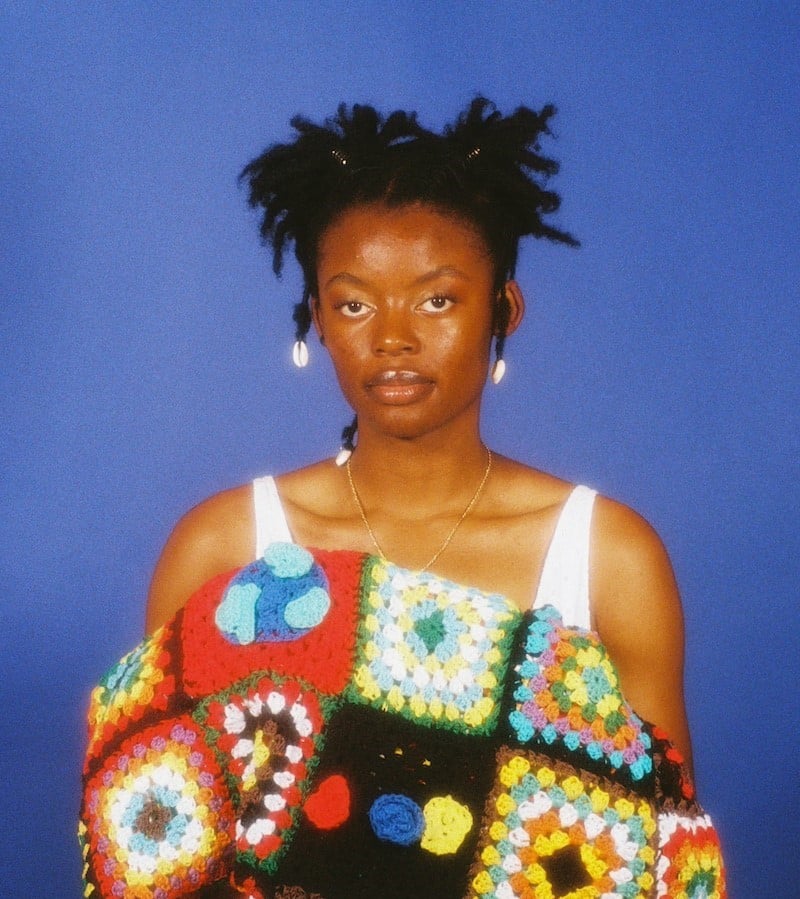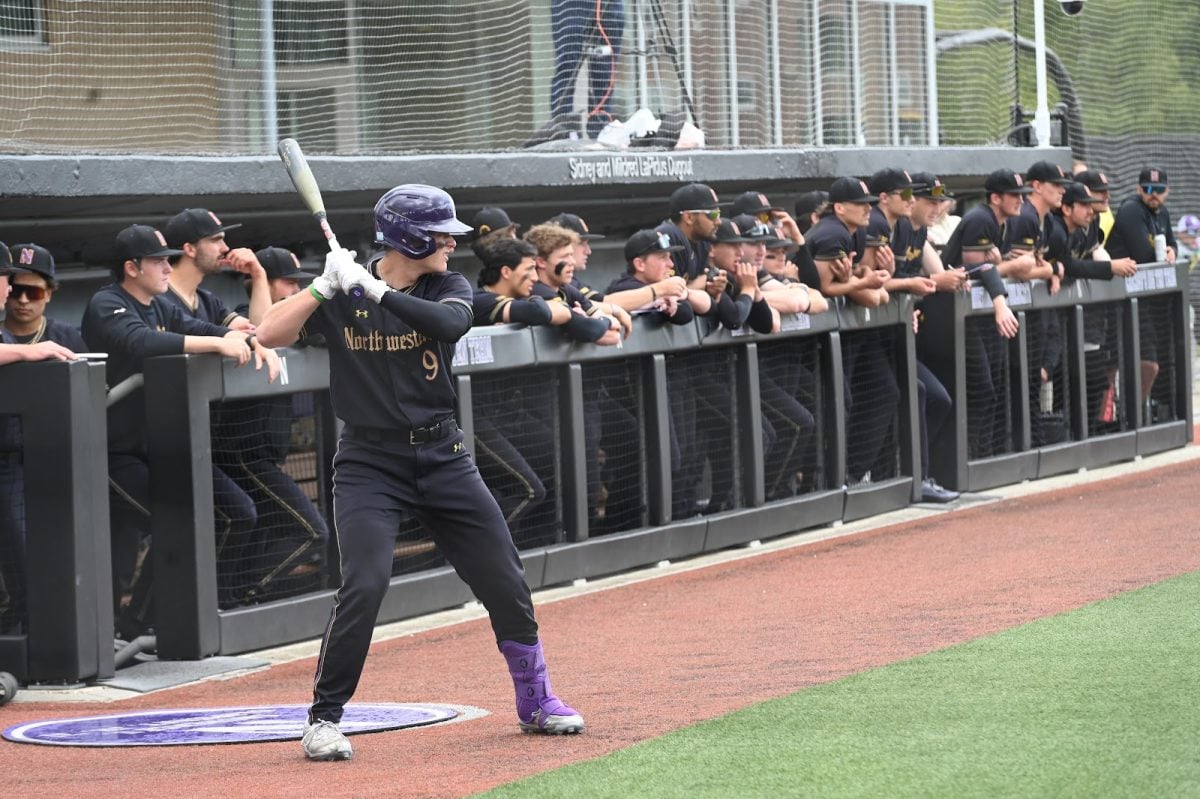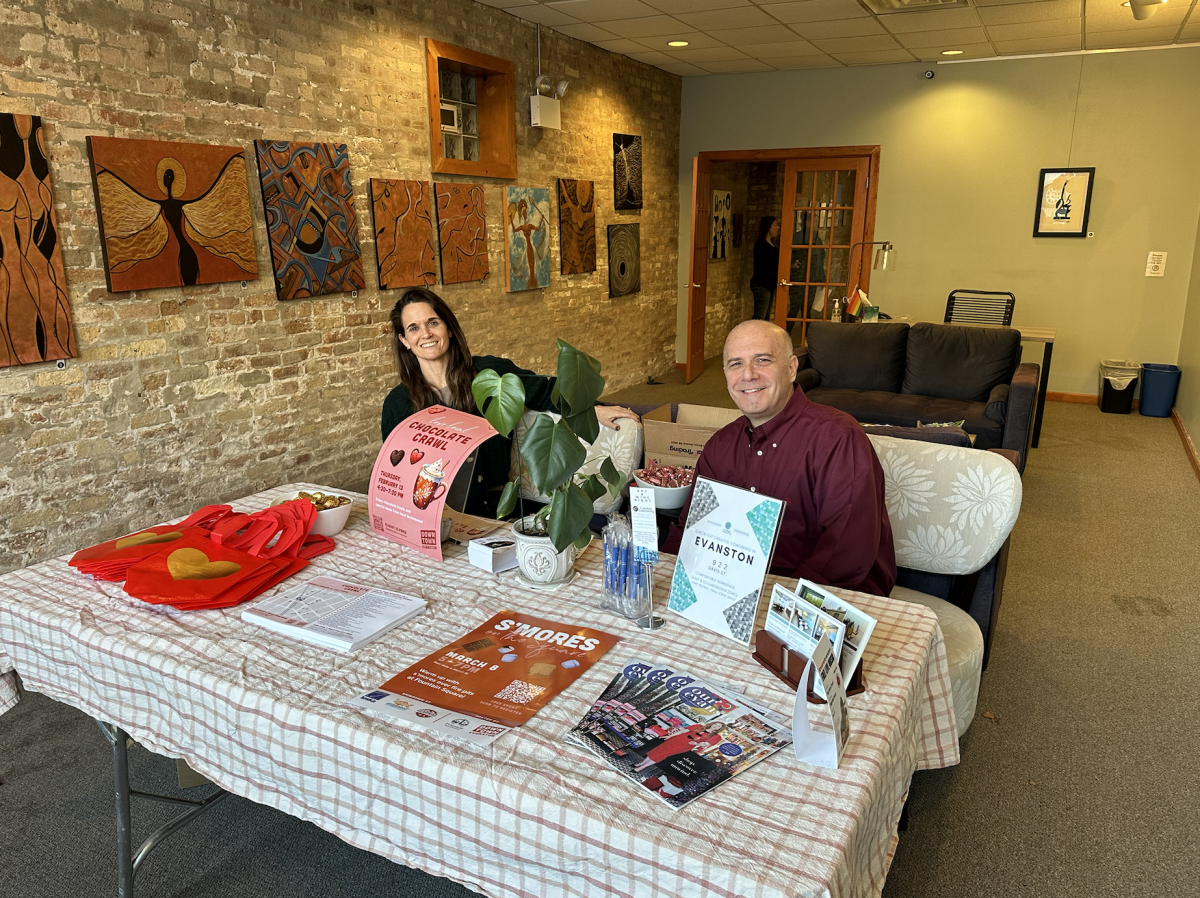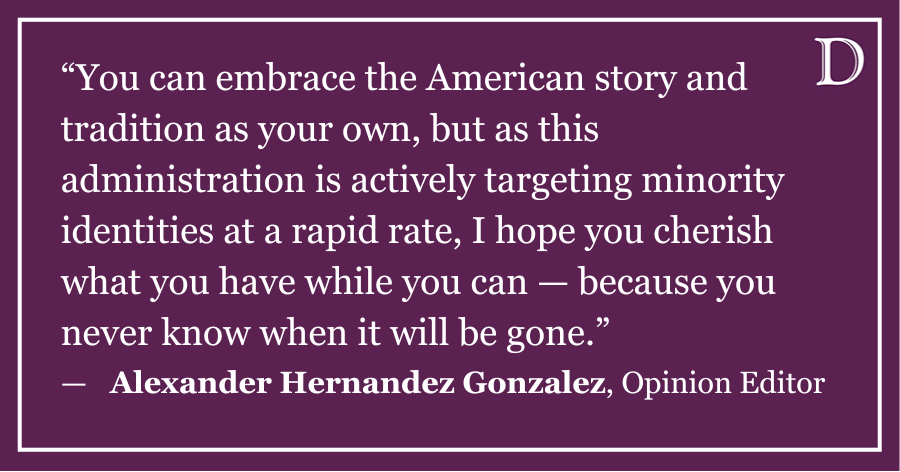When Puerto Rican superstar Bad Bunny released his sixth solo studio album “DeBÍ TiRAR MáS FOToS” on Jan. 5, I didn’t have time to take a full listen. I was fresh off my flight from Denver International Airport to O’Hare International Airport and was en route to Northwestern to commence my sophomore Winter Quarter.
The experience of saying goodbye to family members while also trying to be optimistic with what the next few weeks will bring isn’t new to me anymore. But, at one point in my undergraduate career, I couldn’t even look at photographs and reminisce about the good times without bawling my eyes out.
Not only did I yearn for my siblings and parents; I wanted to relive the moments of positivity, joy and glee. These moments only occur once in a lifetime and the fact that life goes by fast struck me down many times.
As I settled back on campus, I decided to unpack my luggage, clean up my room and listen to the album. At first glance, two white plastic chairs on the album cover reminded me of my grandparents and great-grandparents back in Valparaíso, Zacatecas, who always offered me and my siblings identical chairs.
The familiar beats, raw lyricism and the ultimate message of “a picture is worth a thousand words” didn’t hit me at first. But, with a second listen, songs like “TURiSTA” and “BOKeTE” made me reflect on my personal experiences with the family traditions, style and mannerisms that have impacted my life.
“Debí tirar más fotos de cuando te tuve/ Debí darte más beso’ y abrazo’ las vece’ que pude,” or “I should’ve taken more pictures when I had you/ I should’ve given you more kisses and hugs whenever I could” in English is a specific lyric from “DtMF” that not only made me appreciate the nostalgia, but also made me think about how photographs play a huge part in who we become.
The debate of whether to cherish the moment or capture what is actively going on has always haunted me.
Growing up, I truly enjoyed living in the moment with friends and family without the assistance of a digital camera. But, as I started to rely on electronic devices, I had less cell phone-free environments with loved ones. I wanted to capture every moment on my phone.
In August 2020, my family and I headed towards Zacatecas to visit mi Nelly, my great-grandmother, at her home. She was in critical condition, and we wanted to make sure that we had the most time with her before things got worse.
Unfortunately, we were too late, and she had passed away. Not only was I in a state of distress, I was infuriated that I didn’t get to tell her how much I loved her and appreciate the wisdom she provided me with every time I was eating her homemade sopa de fideo or Mexican noodle soup.
At the time, I scoured my family’s memory books for any photos that I had with my Nelly. The only photos I had with her were either from when I was living in Zacatecas or when I was a toddler. Even though it wasn’t what I intended to find, I cherished the photographs of her, her handwritten recipes and the memory of her sweet voice telling me to grab a snack from her store.
Those are moments that I deeply adore, but I was angry I didn’t capture her essence more. She is one of the reasons I started photography in the first place. She always instilled the importance of photographing and reflecting on things that bring you joy.
Even though I began the practice after her passing, I wish I had taken more pictures while she was still here.
To say that I am not alone in this sentiment would be an understatement. Across the globe, Puerto Ricans, Mexican Americans and South Asians especially have reflected on what it means to associate objects, music and photos with lived core experiences and memories.
Due to Bad Bunny’s grand message, TikTok and Instagram users started a trend of posting family members who are no longer in their lives. These intimate and raw parts of our lives provide a space for solitude, community and remembrance for the simpler times.
The idea of taking a moment to capture the moment you’re living in and then resume back to a technology-free space is important because you get to live in the moment but also walk away with a piece of a memory.
Yes, the pictures that my mom has of me and my siblings on Facebook are embarrassing at first. But, those photos are special to her because they are associated with nostalgic moments.
Moving forward, when I am back home visiting family, I will not just live in the moment, but I will capture the moment more often. Life takes unexpected tolls, and we never know how long we will have loved ones around. Even if it’s “hard to look at” later down the road, at least I will have the assurance that I can reflect worry-free.
Alexander Hernandez Gonzalez is a Medill sophomore. He can be contacted at alexanderhernandez-gonzalez2027@u.northwestern.edu. If you would like to respond publicly to this op-ed, send a Letter to the Editor to opinion@dailynorthwestern.com. The views expressed in this piece do not necessarily reflect the views of all staff members of The Daily Northwestern.



